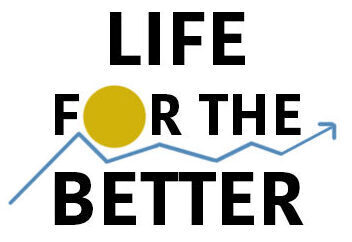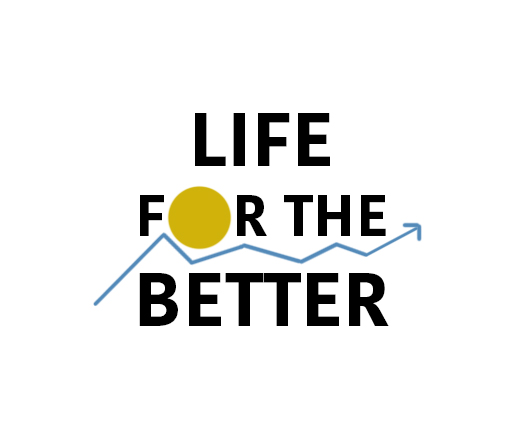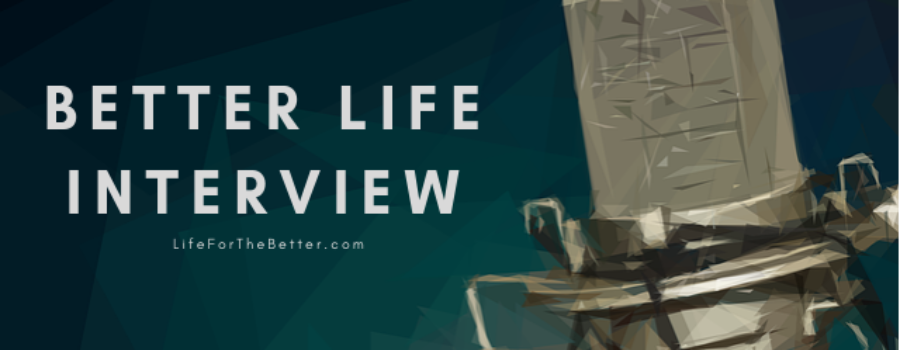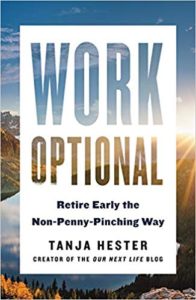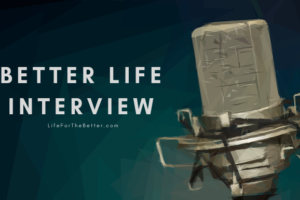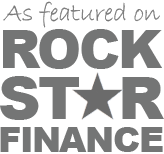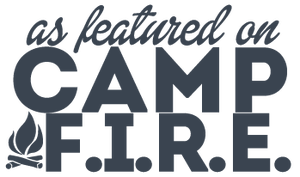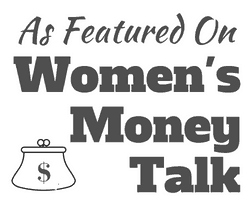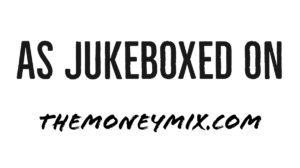In our brand new interview series, we are interviewing various individuals from across the web. This interview series focuses on how they are living a better life. They can be living a better life by pursuing financial independence, minimalism, simplicity, and many more aspects. Are you interested in being interviewed? Continue reading!
Want to be interviewed?
If you want to be interviewed about how you are living a better life. Contact us at TimLifeForTheBetter@gmail.com and tell us why you’d be a great candidate!

Give us your best elevator speech!
We document our debt payoff journey on our blog, The $76K Project, which we started in the summer of 2017. After more than 15 years of being in debt, my partner and I finally had a come-to-Jesus moment with our finances and decided to go all-out on paying off our $76K of student loan, credit card, and car loan debt. Since then, we’ve eliminated about $35K of our original debtload.
Our blog is partly for us: it’s a way for us to record our financial journey so that we can look back and see what we’ve accomplished. But I also hope that it encourages our readers to seek freedom from their own debt. Paying off debt can be challenging, tedious, and even a bit lonely. It takes persistence, focus, sacrifice, and time. But it can be done, and as we’re learning, it’s worth the effort.
How are you living a better life than you were last year? 5 years ago? 10?
We’ve been very lucky. We have good friends and good family. We’re raising a healthy child. We’ve lived in some amazing places and had some unforgettable adventures. Our life was already great in most respects, but in the past year, our lives have drastically improved from a financial standpoint.
Ten years ago, my partner and I were harried new parents juggling sleepless nights and part-time contract work. We had little employment stability and no employer-sponsored benefits. Five years ago, I was back in graduate school, meaning that my partner bore most of the burden for bringing in an income and paying our mortgage. A year ago, we were in credit card and student loan debt to the tune of $65K.
Now we both have stable jobs, employer-sponsored benefits, and far less debt. We’ve paid off our credit cards and hope to eliminate our remaining student loan debt within the next year and a half. We’re able to live in a place we absolutely love. The cost of living is high, but our improved financial situation means that we can make it work.
What would you tell your younger self?
I admire my younger self for her sense of adventure and iconoclastic nature. Younger me had big ideas and dreams, and she wasn’t afraid to go after them – sometimes to the detriment of her credit card balance.
Younger me was smart, but she had zero financial literacy. If I could go back and give her some advice, the first thing I’d tell her is not to buy a house she couldn’t afford. We purchased our first home back in 2003 at a time when lenders were still giving money to anyone who asked – even graduate students with next-to-nothing incomes. We ended up taking out student loans to help pay our mortgage. We’re still paying them off. I’d also tell younger me to invest a little bit every month and allow that money to grow, as there’s no better time than one’s twenties for putting compound interest to work. Lastly, I’d teach her how to make a budget, something that may have helped her stay out of credit card debt.
What made you want to change the way you were living?
It was sparked by a relatively minor event in the spring of 2017. We’d just moved into a new apartment, and I decided that we needed some fresh furniture to spruce things up. As I’d done so many times before, I used my trusty credit card to make the purchase. Buying things on credit was pure habit for us. We’d done it for years. But this time was different: for some reason, it suddenly dawned on me that it would take us months to pay off our new decor. I remember thinking, “Not again.” I ended up taking a close look at our finances for the first time ever. That’s when I finally realized exactly how much debt we had. I also realized that we were needlessly living paycheck to paycheck and that if we stopped thoughtlessly buying stuff, we could actually improve our circumstances pretty quickly.
After that epiphany, I went on a month-long Gail Vaz Oxlade bender. I watched every episode of ‘Til Debt Do Us Part and Money Moron that I could find on YouTube. We followed her advice and created a budget and a debt repayment plan. We’ve stuck with them ever since.
Does financial independence play a role? If so, how?
I’ll admit it: financial independence is an idea I’m afraid to face head on. It’s one thing when you’re in your early 20s and you want to retire early. You’ve got the time to make that happen. You’ve got an amazing opportunity to harness the power of compound interest. It feels a little different when you’re 40, still in debt, and have minimal investments. At this point, retirement seems more real and preparing for it feels a bit like a race against the clock. If we can maintain our current salaries and start dumping money into savings as soon as we pay off our student loans, we could actually retire in our 50s. But the nitty-gritty details of how that would work are still pretty nebulous to me, and for some reason I don’t feel ready to make more concrete plans.
What advice do you have for others in living a better life?
Be smart with your money: save, invest, avoid debt or pay it off as quickly as possible. But also live your life. Sometimes it seems like people in the personal finance and FIRE communities spend so much time and effort worrying about money that they’re not living in the present moment at all. I wish we didn’t have so much debt now, but I also don’t regret all of the adventures we had when we were younger and all the traveling we did. In retrospect, those experiences were worth it. Prepare for tomorrow, invest in tomorrow… but put some time, money, and heart into today, too, because you don’t know what the future holds.
What books/podcasts/blogs have you consumed that lead you to this point?
I have to admit that I’ve read very few personal finance books, though I’m looking forward to Tanja Hester’s Work Optional.
I’m not a regular podcast listener but I’ve enjoyed episodes by His and Her Fi, The Fairer Cents, Simple Minded Millennial, and the Rich Roll Podcast.
I love blogs. A few of my favorites include Our Next Life, Tread Light Retire Early, Frugalwoods, and She Picks Up Pennies.
What’s one area in your life you still struggle with?
I’ve struggled with mental health issues for as long as I can remember. That’s been a lifelong challenge for me and something I frequently talk about on my blog. Your mental well-being naturally affects the choices you make, and in my case it’s influenced the choices I’ve made regarding finances. In the past, I’d buy stuff and experiences as a way to feel more in control of my life. A lot of the traveling I did in my twenties was my way of coping with my hard-to-wrangle mind. I’m less likely to do that now, but like many people, I still experience anxiety and depression on a regular basis.
If you had to give just 1 tip that you’ve learned along your journey, what would it be and why?
Track your expenses, track your expenses, track your expenses. I can’t overstate what a difference that makes. Back in April of 2017, we started logging every purchase we made in an Excel spreadsheet. We still do it. Manually recording each and every expense is really the secret ingredient in our debt payoff success. It forces us to take the time to look at what we’ve bought and assess whether it was a good choice. It’s helped us become better planners and budgeters. Other people prefer using more automated software, like Mint or YNAB. Whatever floats your boat! Just know where your money is going.
Where can readers get in touch with you?
You can read our blog at the76kproject.blogspot.com, email us at the76kproject@gmail.com, or follow us on Twitter at @the76kproject. We would love to hear from you!
Check out other interviews here!
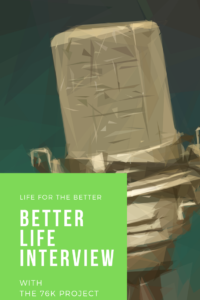
Follow Our Journey At
We use Personal Capital to track our net worth. We simply connect our assets and it tracks everything for us! Our net worth, cash flow, budget, investment fees, retirement planner, and more are tracked through this site. It’s completely free too! Sign up for free and receive $20 when you open an account!
